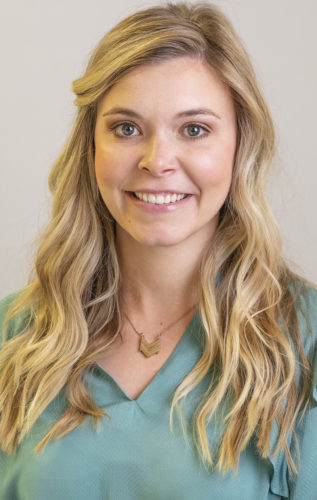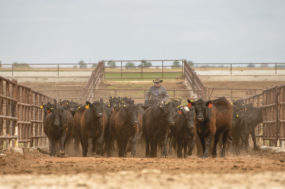At a time when college basketball was almost completely segregated, Don Haskins, coach of the tiny Texas Western College, did something that had never been done before: He started five black players.
That legendary move not only helped land the team a national title (against an all-white team, I might add) but also helped break color barriers in college sports – changing the game forever.
Similarly, Howard Putnam changed perceptions and viewpoints – but at 30,000 feet. As the CEO of Southwest Airlines, Putnam took a struggling business and turned it into the most profitable airline in history. How? He did things outside of the norm.
“Some play the game; others change how it’s played.” As much as I would like to credit myself for that line, Putnam actually used it to inspire producers at last year’s National Angus Convention. And it is so true.
First, let me ask you this: Why do some producers make money in the cattle business while others struggle to stay afloat? I believe a lot of it has to do with the way they play the game. Let me explain.
The last few years in the cattle business have been tough. We’ve gone from the best of times to the worst of times. More specifically, in the last two years America’s cattle producers took at least a 50 percent cut in their paycheck. Fifty percent!
But as I’ve spent the last year traveling across the country – attending conferences and visiting with cattlemen and cattlewomen alike – I have seen some of those “game-changers” in action. These producers are turning a profit in what seems to be at times an “unprofitable” business.
I’ve talked with a producer in North Carolina who found a niche market in his area with grass-fed beef; I’ve talked to a producer in Kansas who uses carcass data to better make selection and management decisions; I’ve talked to a producer in Idaho who grazes cover crops after taking cow-calf pairs off the range, adding pounds to his calves before the sale date. And the list goes on.
I envied these producers as my husband and I sold our calves at the sale barn last fall. Nothing hurts your pocketbook quite like watching a few of your calves get picked out because of some brindling or lighter weights while more uniform lots brought cents more.
Sometimes it’s the little changes that make a difference. Changes like tightening your calving window, backgrounding or preconditioning, or even early weaning to get your cows in optimal condition for the next calving season. Don’t let the market control you any more than it already does.
That leads me to another one of Putnam’s lines: “When the time to perform arrives, the time to prepare has passed.” I can’t speak for you, but I think I’m going to revisit my game plan. Who’s with me? ![]()

-
Cassidy Woolsey
- Editor
- Progressive Cattleman
- Email Cassidy Woolsey








